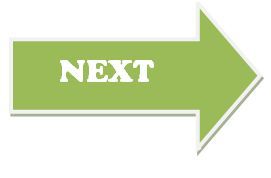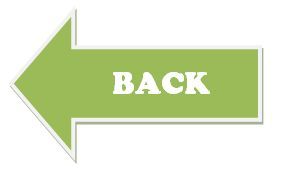A Chart to Get Started
How to Select the Right Search Tool
It is important to remember that to find information, you may need to use several types of tools in your research. For instance, you may find that you need to use several library databases, some free websites, and even the book catalog to get a complete picture of your topic. No type of tool is always better than another, as long as you know what each does best and when to use them. Here is a table you can use to help you choose a tool.
|
Tool
|
|
|
Search Engines/Websites
|
|
What they are
|
Tools you can use to search for magazine, journal, and newspaper citations or full-text articles. The RU Library pays for subscriptions to these so students can use them for free.
|
Tools you can use to search for and obtain primarily books. The RU Catalog shows books owned by RU. The I-Share Catalog shows books owned by all I-Share Libraries.
|
Search tools or sites available on the Internet. Most are free, though they may lead you to content that you have to pay for.
|
|
Examples
|
Academic Search Premier, Academic OneFile, JSTOR, Wilson Select Plus, etc.
|
RU Library catalog, I-Share catalog
|
Search engines: Google, Ask.com, MSN.com, etc. Free websites: Wikipedia, US Census Website, etc.
|
|
Some (not all) of the things you can do with them
|
Find scholarly, peer reviewed research articles (depending on database)
Find articles from newspapers, popular magazines, or trade publications (depending on database)
|
Search for and locate printed books
Place requests for books
|
Find very current info
Find government information
Find “pop culture” information that is not covered in articles/books
Find research from professional organizations or associations
|
|
What they are best for
|
Gathering current research or thought on a topic
|
Learning a lot about one topic
|
Getting a general overview of a topic or looking for something very specific
|
Resource Finder Handout
-
Resources HandoutA chart of resources to help you get started.
Want to keep a copy of this chart for yourself? Download it here:


